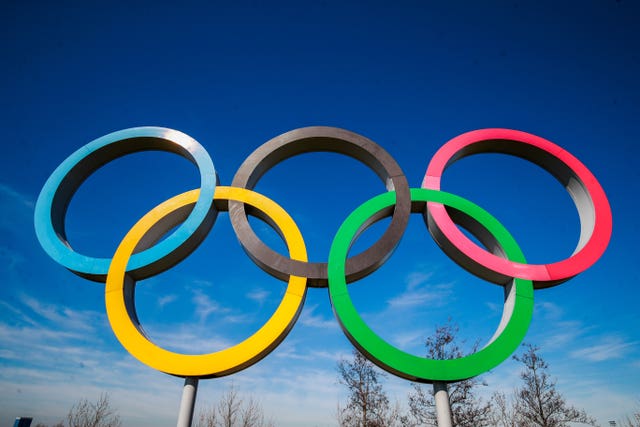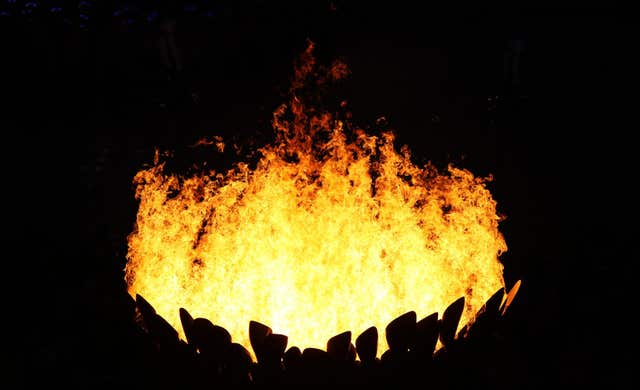The Tokyo 2020 Olympics have become the first Games in modern history to be postponed for anything other than a world war.
Here, the PA news agency takes a look at what the decision will mean for the city, the athletes, and the enormous financial and logistical implications on the sporting calendar.
Didn't the IOC say it would delay any decision?
Whilst IOC president Thomas Bach and the Japanese government continually maintained the Games would go ahead as scheduled, others suggested they would be forced to make a decision by the end of May. However, the unimpeded spread of the virus, coupled with the crucial interventions of athletes and national federations who stressed the need for clarity, finally prompted them to act.
When will the Tokyo Olympics and Paralympics take place?

Officials have already indicated that the Games will be re-arranged for "no later" than the summer of 2021. This does not rule out the intriguing prospect of staging the Games in the midst of Japan's enormously popular cherry blossom season, next March or April. However, it remains much more likely that the Games will be pushed back more or less exactly a year, to take place over an equivalent period in July/August next summer.
What are the financial and logistical implications of the decision?

The total cost of the Tokyo Olympics has been put at almost £10billion, and there were projections that an outright cancellation could cause the shrinking of Japan's GDP by 1.5 per cent. Clearly, this potential impact has been mitigated by the postponement, but it will still cause major disruption both to finances and planning. Millions of hotel bookings will have to be rearranged and athletes' accommodation, much of which is contracted to fall into private hands in August this year, will either have to to be requisitioned or rearranged.
Is there a precedent for postponement?

Only three summer Olympics have ever been cancelled outright, all due to World Wars. Berlin did not take place in 1916, and Tokyo relinquished its right to host the 1940 Games, which was temporarily moved to Helsinki before it was cancelled outright. The 1944 Games, due to take place in London, were also called off.
How will it affect the sporting calendar?

It will cause chaos. Assuming the rearranged Games take place in July/August, they will clash – among many others – with the 2021 World Athletics Championships, scheduled for Eugene in the United States, and the World Swimming Championships, set for Fukuoka. The subsequent knock-on effect could be so prolonged it could affect the status of the 2022 Commonwealth Games – at least in terms of participation – and even beg the question of whether the next Olympics, in Paris in 2024, should be pushed back a year too.








